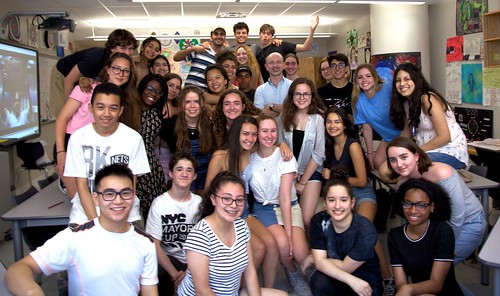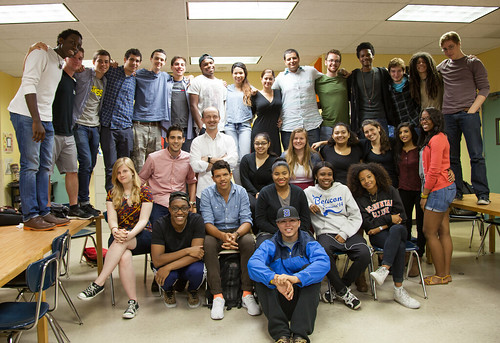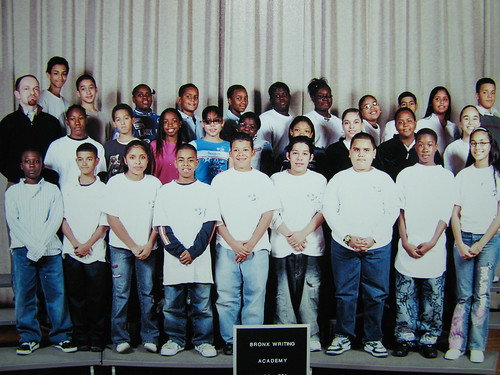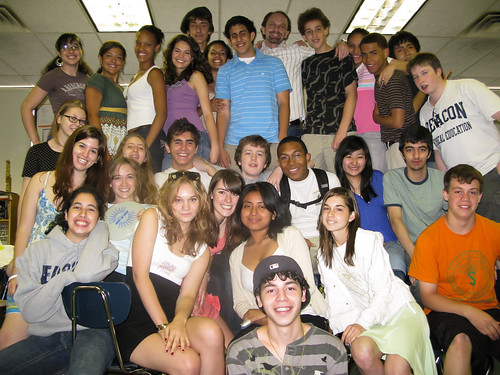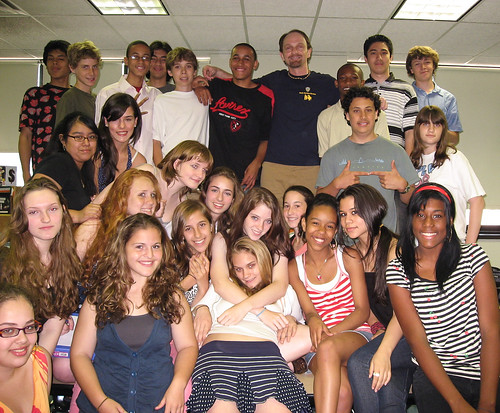1. Detailed outlines–Typed and DETAILED. You must type your thesis at the top and follow it with you outline. Your outline must follow the linked format and include topics, evidence, discussion and the inclusion of your outside sources where relevant.
2. Goodreads
3. Carl Jung–Read and annotate the sections I noted in class.
4. Steppenwolf–We begin reading Monday night. Linked you will find the version we are using if you care to buy your own copy.
HW12 due 11/25: Detailed Outlines, Goodreads, and Jung
HW10 due 10/2 (10/3 for 10G): The Bell Jar, Chapters 5 and 6
NOTE: WHEN CHECKING THE WEBSITE FOR HW, YOU SHOULD VISIT THE SOPHOMORE HOMEPAGE TO ENSURE THERE IS NO CONFUSION WITH THE SENIOR CLASS HW.
1. The Bell Jar–Read and annotate Chapters 5 and 6. Keep in mind that you are expected to annotate every night. Do not go crazy annotating every page. Focus your annotations and track a specific aspect of the text. For instance, let’s focus tonight’s annotating on Buddy Willard and his relationship with Esther. Note a few excerpts from the text that you think are critical to an understanding of this relationship. Annotating does not merely mean, underlining or highlighting text. I want to get a sense of what you are thinking…so briefly capture your thoughts or questions. [Read more…]
The Trial Essay Process by SK
Thesis: In his novel, The Trial, Kafka utilizes the character of Josef K. to illustrate the consequences that come as a result of following Kierkegaard’s crowd, ultimately revealing Sartre’s belief that a person who follows the crowd lives in bad faith, and in the end, sacrifices his true self. [Read more…]
Steppenwolf Outline by EMJ
Introduction:
- Background on Sartre’s idea of bad faith, nothingness and the pain from one’s inner conflict
- Explain Schopenhauer’s idea of the inevitability of pain with knowledge
- Introduce the connection between Sartre and Schopenhauer’s idea; the inner conflict that one feels due to bad faith is what the ‘thinker’ indulges in, causing them to feel pain and suffering
- Influence of Schopenhauer and Sartre on Harry Haller’s journey with Hermine throughout the book and his necessity of returning to a childhood state in order to survive his reality
Thesis: Through Harry Haller’s transformation with Hermine, merged with Sartre’s philosophy of bad faith and Schopenhauer’s idea that with knowledge pain is inevitable, Hermann Hesse proves that man must return to a childlike state in order to enjoy the pleasures of life and survive reality. [Read more…]



